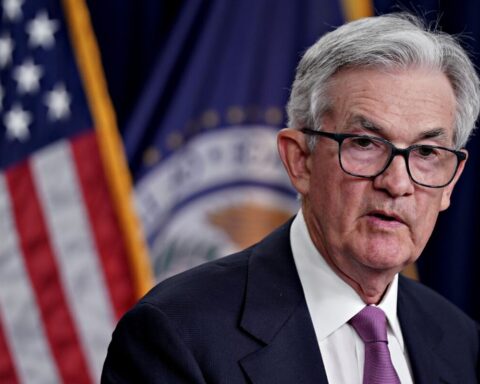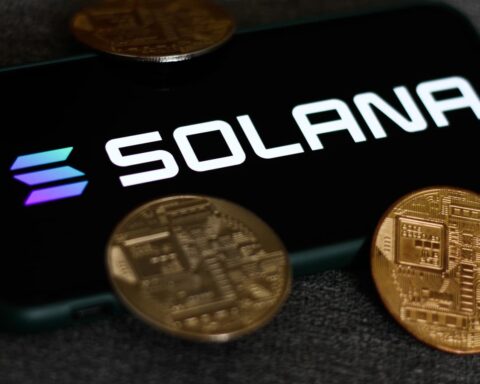In a significant ruling, a Canadian judge has declared that the popular thumbs-up emoji can serve as an indication of a person’s legal agreement to a contract.
The decision comes in response to the increasing prevalence of emojis as a means of expression in various contexts, including business transactions, within Canadian society.
The case in question revolved around a dispute between a farmer and a grain buyer regarding the sale of large quantities of flax in 2021.
READ MORE: Digital Currency Group Dismisses Gemini Lawsuit as “Publicity Stunt” by Winklevoss Twins
The buyer had sent the farmer a purchase contract accompanied by a message requesting confirmation. Upon receiving the contract, the farmer replied with a thumbs-up emoji.
Interpreting this as an acceptance of the agreement, the buyer believed that the farmer had agreed to the contract.
However, the farmer contended that the emoji was merely meant to confirm receipt of the contract.
In reaching the ruling, Judge T.J. Keene took into account the established trade relationship between the farmer and the buyer, along with the farmer’s past responses to similar sales agreements, which often included phrases like “looks good,” “ok,” or “yup.”
Judge Keene also referred to the definition of the thumbs-up emoji as found on dictionary.com, which described it as conveying assent, approval, or encouragement in digital communications, particularly in Western cultures.
Legal experts, such as Eric Goldman, a law professor at Santa Clara University School of Law, emphasized that despite this ruling, the interpretation of the thumbs-up emoji’s meaning may still vary depending on the specific circumstances of each case.
Goldman highlighted that some young individuals might employ the emoji sarcastically or insincerely, while others might use it solely to acknowledge the receipt of a message.
Furthermore, he noted that in certain Middle Eastern countries, the gesture could be deemed offensive.
Consequently, Goldman underscored the importance of recognizing that the use of the thumbs-up emoji can carry significant legal consequences.
This ruling serves as a reminder that as emojis continue to proliferate as a form of communication, their interpretation within legal contexts remains an evolving and nuanced area.
While the Canadian judgment establishes a precedent for the thumbs-up emoji, it also underscores the necessity of considering individual context and cultural factors when determining the meaning of emojis in legal agreements.




